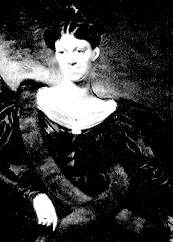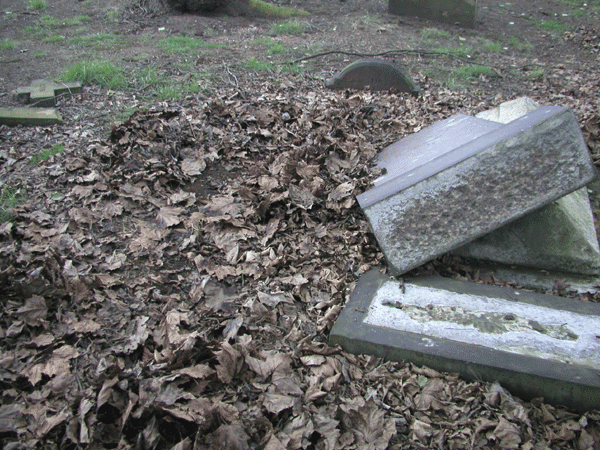
Harriet Martineau
1802-1876
Sociology 2111
Sociological Theory
Department of Sociology and Anthropology
UMD

"...has tended to suffer the neglect which is so often the Nemesis of overestimation by one's contemporaries."Clearly this has been true of Harriet Martineau as well. She was well know in Europe and the U.S. and highly regarded (as might be noted by the disappearance of her grave marker).
Having said that, she is being rediscovered and should be given her right place in sociology of at least being the first one to provide a sound methodology to the discipline.
Publishing Career:
Intellectual Contributions
- She was well known for making Political Economy understandable to the general reading public with a series of works/stories on political economy. (See Readings)
- Wrote a number of travel books.
- Novels
Two books from the travel series that are truly sociological, Society In American (1837), and How to Observe Morals and Manners (see readings)
- Translated and condensed Comte's Positive Philosophy for the English speaking public.
- Wrote her autobiography about 20 years before she died
- Wrote her own obituary
- Numerous articles for newspapers and magazines
The increase of population is necessarily limited by the means of subsistence.
"Since successive portions of capital yield a less and less return, and the human species produce at a constantly accelerated rate, there is a perpetual tendency in population to press upon the means of subsistence."
"By bringing no more children into the world than there is a subsistence provided for, society may preserve itself from the miseries of want. In other words, the timely use of the mild preventive check may avert the horrors of the positive check.
The preventive check becomes more, and the positive checks less powerful, as society advances.
The positive checks, having performed their office in stimulating the human faculties, and originating social institutions,must be wholly superseded by the preventive check before society can attain its ultimate aim,--the greatest happiness of the greatest number."
early analysis of women's place in society
Anti Slavery
Morals = societal wide ideas, norms, values, beliefs, etc. different than what individuals might express
Manners = behaviors, patterned interactions that are meaningful
the two don't always match (Society in America measured manners against an indices of morals and found behavior lacking; for example, the Declaration of Independence and the constitution express the notion of equality but the practice of slavery and the treatment of women both show the short comings of the expressed morals.
In the Chapter on "The Political Non-existence of Women" Not much difference in the way women and slaves treated
both "given indulgence rather than justice". Again, sees education as a potential cure, women's education is important, so that "marriage need not be their only object in life."
later in newspaper articles she attacked
"Contagious Diseases Acts" -- acts introduced in the 1860s to reduce venereal disease in the armed forces
objected in principal to laws that only applied to women and in these acts police could arrest women thought to be prostitutes and insist they had a medical examination.
Her activism stopped for the most part in the 1870s
Her health prohibited her from attending meetings and demonstrations, died in 1876
Seen as a major contributor to reform (as noted on memorial in Kensal Green Cemetery)
Public access to Martineau's writings


The University of Minnesota is an equal opportunity educator and employer.
Copyright: © 2001, John Hamlin
Last Modified: Monday, 25-Feb-2013 07:26:37 CST
Page URL:
http://www.d.umn.edu/cla/faculty/jhamlin/4111/Martineau/martineau.html
Page Coordinator:John Hamlin